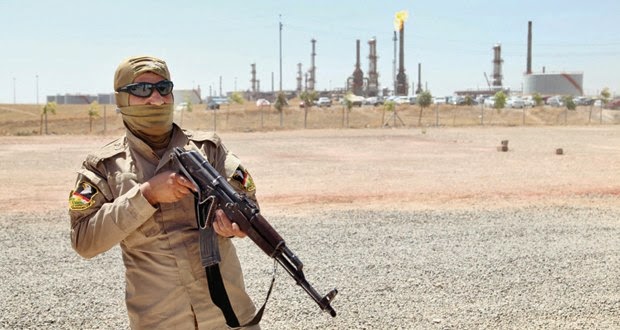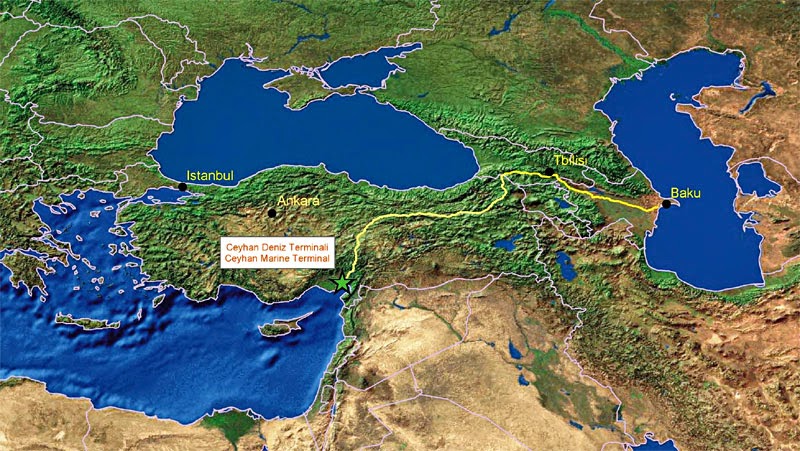The Financial Times By Daniel Dombey in Ankara and Anjli Raval in London
Turkey has called on the US to lift obstacles to the sale of oil by Iraq’s cash-strapped Kurds to help with their battle against the jihadis of the Islamic State of Iraq and the Levant (Isis).
The call, by a senior Turkish official, comes while the US carries out air strikes against Isis in support of the Kurdistan Regional Government, even as officials in Washington discourage international purchases of Kurdish oil for fear such a trade could further fragment the Iraqi state.
“This is urgent: Isis is now selling its oil, but the Kurds are not allowed to sell their oil,” the Turkish official told the Financial Times, referring to oilfields captured by the jihadist group in eastern Syria and around the northern Iraqi city of Mosul.
He claimed Isis was selling cut-price oil to the Syrian government – there are also allegations of widespread oil smuggling from the jihadist-controlled region, notably to Turkey itself – and compared those sales with the legal obstacles faced by KRG exports.
This week, Axeon, a US-based refiner said it would not proceed with a Kurdish buy because it was “controversial” – the latest in a series of rebuffs for tankers circling the globe with shipments of Kurdish oil.
With few buyers for its oil, one Kurdish official said the KRG was now working with Ankara on increasing storage capacity at the port of Ceyhan and elsewhere in Turkey, where the oil is piped before being loaded on to tankers, and was also looking at storing offshore.









